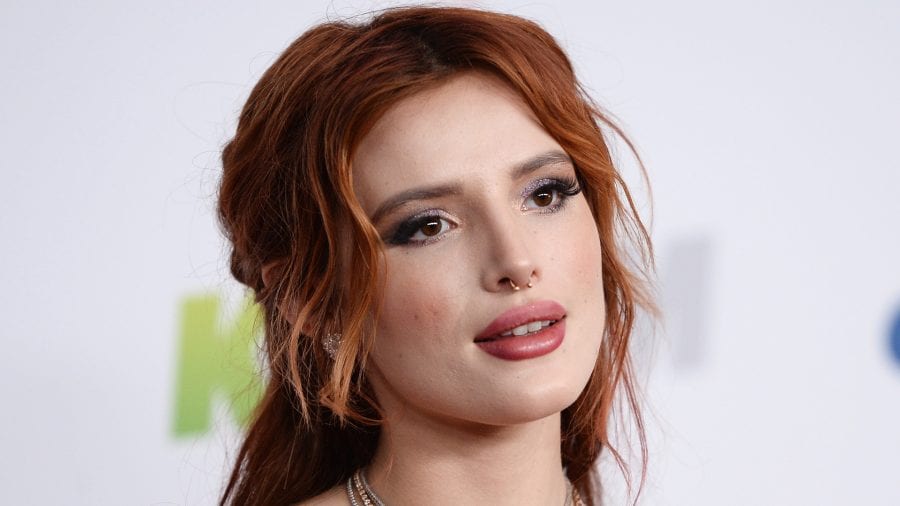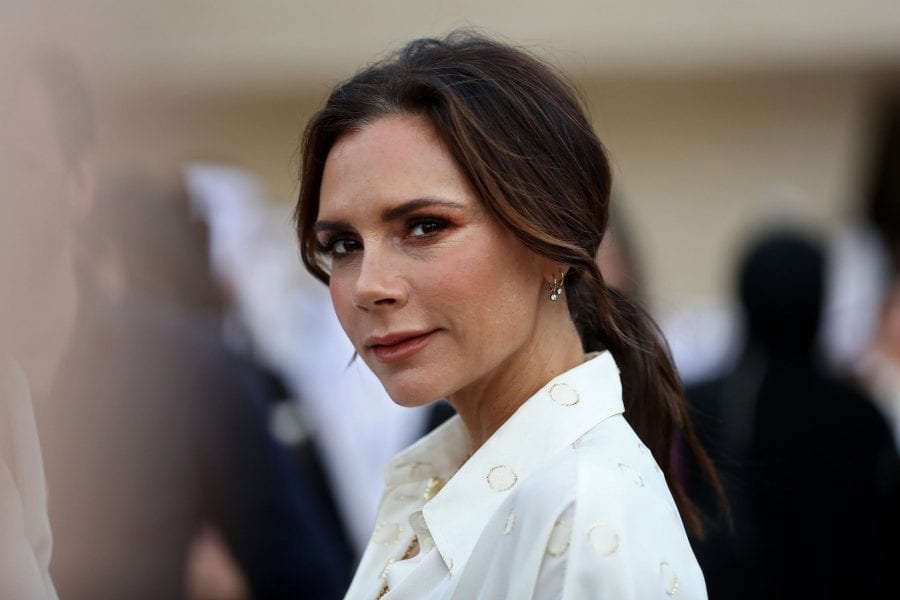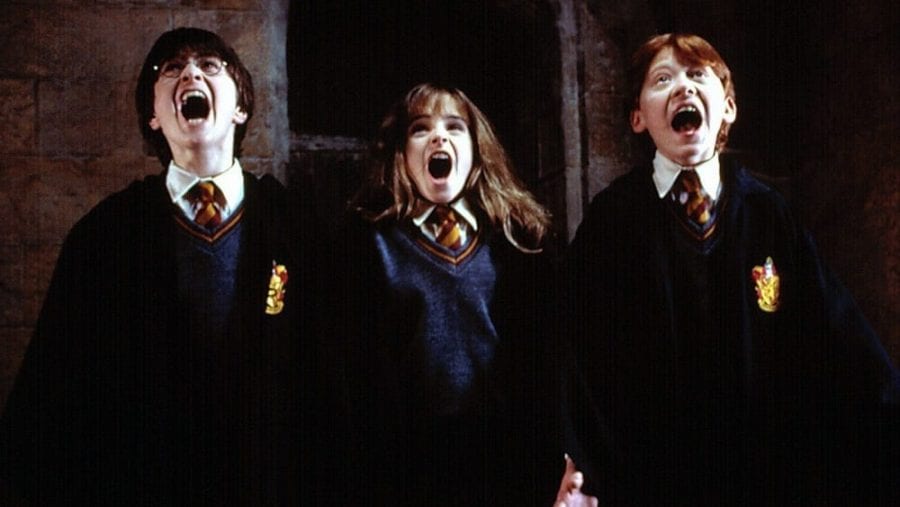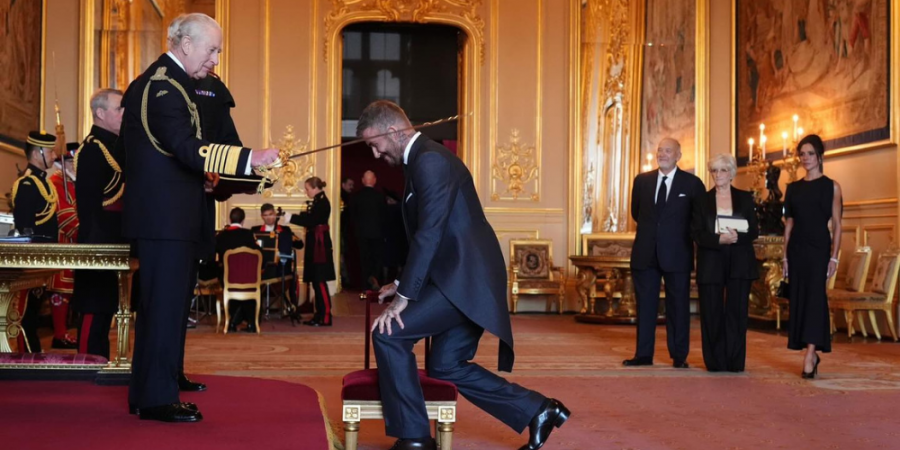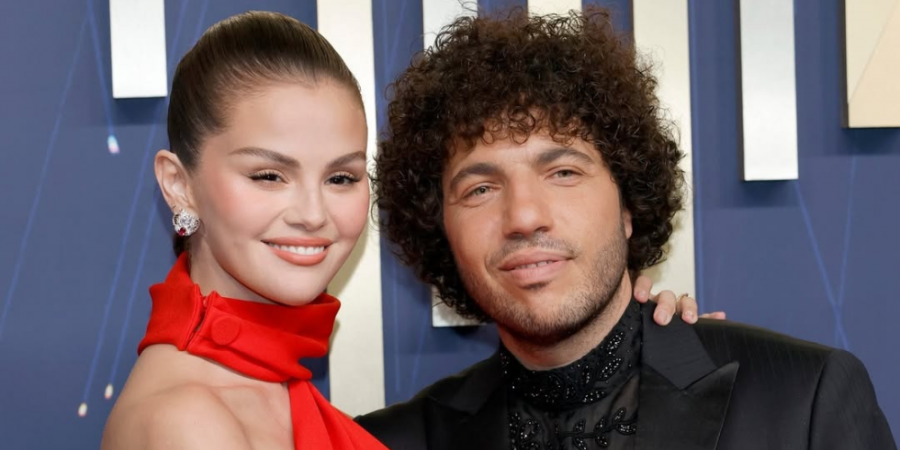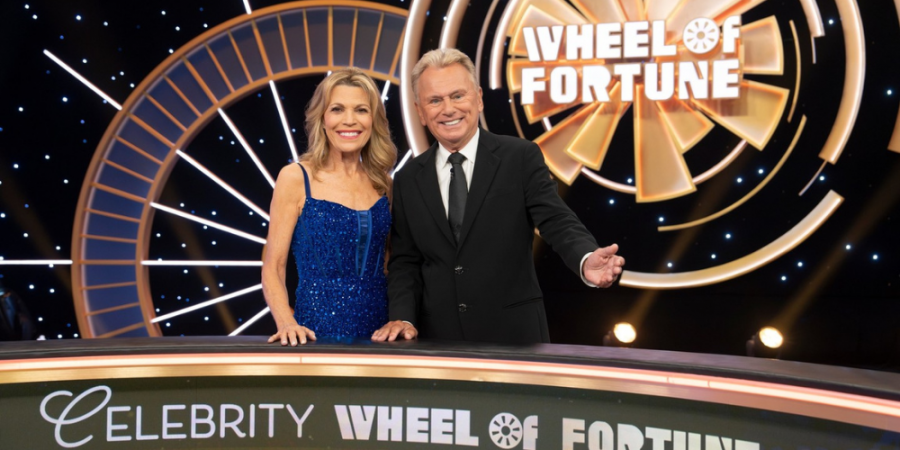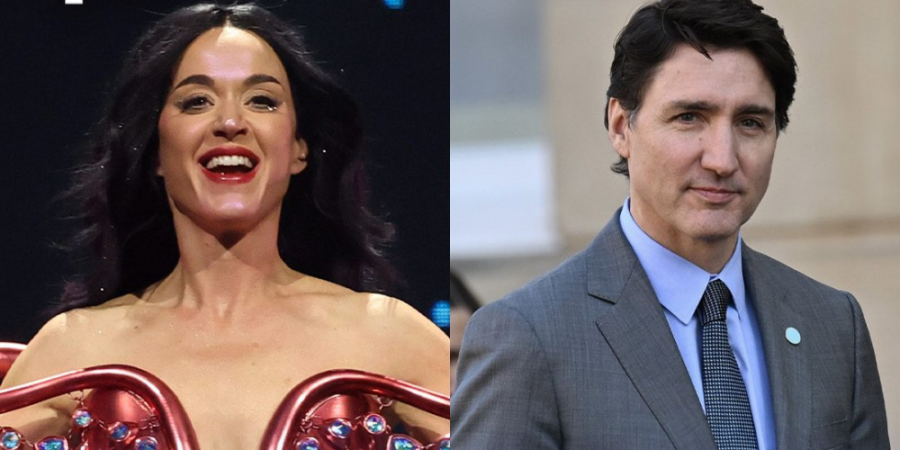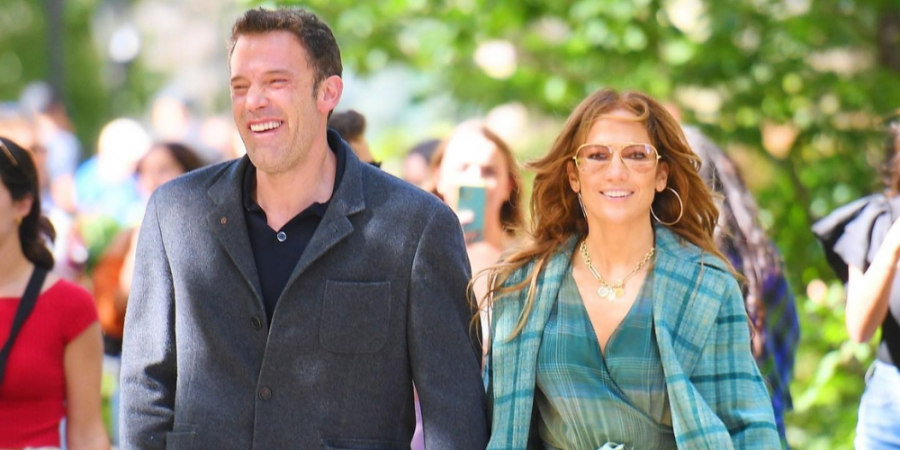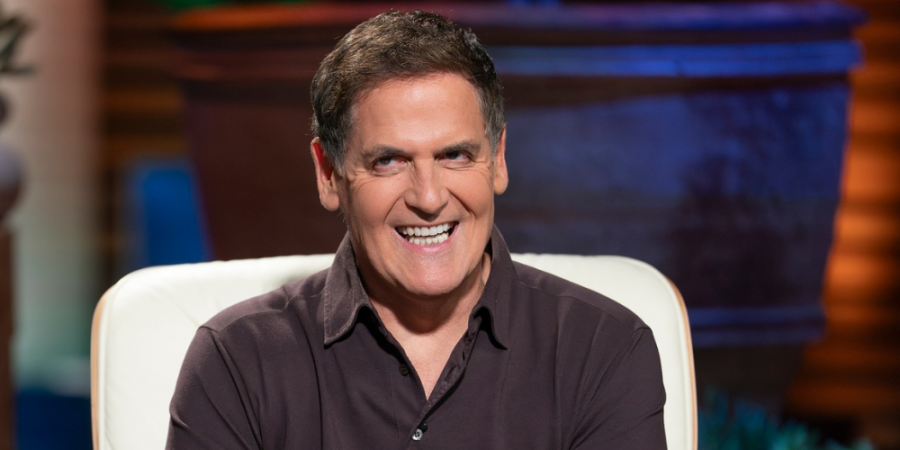Netflix has finally taken a big step with its Roald Dahl library — and it’s not what anyone expected. The streamer’s latest animated feature, “The Twits,” completely reimagines Dahl’s 1980 children’s classic into something far more chaotic, emotional, and distinctly American.
Directed and co-written by Phil Johnston — best known for “Wreck-It Ralph”, “Zootopia”, and “Ralph Breaks the Internet” — this version of “The Twits” keeps the heart of Dahl’s wicked humor but spins it into a whole new story with fresh themes, characters, and a bolder message.
A New Kind of Dahl Adaptation
When Netflix acquired “The Roald Dahl Story Company” four years ago, fans expected a rich lineup of faithful adaptations. Apart from Wes Anderson’s quirky short films, not much surfaced — until now. “The Twits” marks the streamer’s first full-length animated venture from the Dahl universe, but instead of retelling the old tale, it throws the rulebook out the window.
In Dahl’s original, Mr. and Mrs. Twit are grotesque, hateful, and endlessly cruel — to each other and everyone else. Their story revolves around mean-spirited pranks, animal cruelty, and a twisted sense of humor that made the book both shocking and irresistible to young readers. Johnston’s version, though, rebuilds the story from scratch while keeping the essence of the characters intact.
From British Backyard to American Chaos
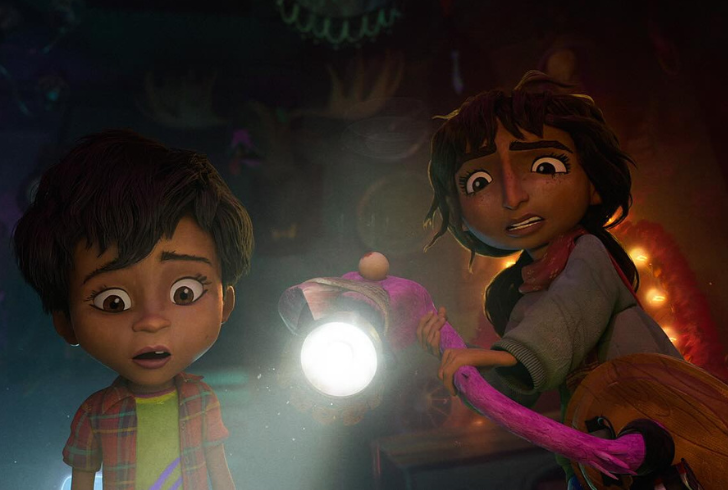
Instagram | netflixfamily | “The Twits” is the streamer’s debut full Dahl animation, offering a new venture.
In this reimagined world, the Twits (voiced by Margo Martindale and Johnny Vegas) are no longer confined to their messy British home. Instead, they live in “Triperot,” a crumbling American town where they run a rickety theme park called “Twitlandia.” The park operates on the magical tears of the “Muggle-Wumps” — no longer monkeys, but furry, turquoise creatures voiced by Natalie Portman and Tim Simons.
When a group of local orphans frees the Muggle-Wumps, the Twits retaliate by unleashing chaos on the town — from floods of meat slurry to disastrous mayoral elections. The story blends absurd humor with emotional depth, showcasing Johnston’s signature mix of satire and heart.
Phil Johnston’s Take
Phil Johnston has described “The Twits” as an “anti-hate, pro-empathy” story — a reflection not just on Dahl’s work, but on the world today. He saw in the Twits an opportunity to explore human flaws through humor and chaos.
“There wasn’t a lot of story in the book,” Johnston explained, “so it allowed me to take these two incredible, horrible characters and use them as a jumping-off point for a whole other experience.”
He dives deeper into the emotional core of the story by adding layers of vulnerability. The eldest orphan, Beesha, struggles with abandonment. The Muggle-Wumps represent emotional exploitation, their tears literally powering the Twits’ empire.
“They’re stealing something from these creatures that’s powerful,” Johnston said. “Using their tears as a power source felt like it had more emotional punch.”
The American Flavor
While the original Twits were distinctly British, Johnston’s film proudly leans into its American identity. Mrs. Twit now sports denim boots and a Southern accent, while Mr. Twit keeps his English roots. Even the Dahl estate supported this change, agreeing that the story’s anarchic tone suited an American setting.
Johnston joked about his decision, saying, “I debated putting it in the U.K. and then just looked at page 46, which says ‘Mr. and Mrs. Twit go and buy guns.’ So maybe Dahl actually wrote it for America.”
Redefining the Twits’ Relationship
While Dahl’s couple thrived on mutual cruelty, Johnston adds a strange tenderness to their dynamic. Their pranks become a form of “love language,” showing affection through absurd, gross-out humor. Although they remain irredeemable, the film offers glimpses of how their bitterness masks insecurity and loneliness.
Johnston even hinted at the pair’s backstory, originally crafted for a planned limited series — Mr. Twit, a mistreated circus worker; Mrs. Twit, an aspiring opera singer whose dreams were crushed. These roots explain their toxic bond and add an almost tragic undertone to their outrageous behavior.
A Visually Wild Experience
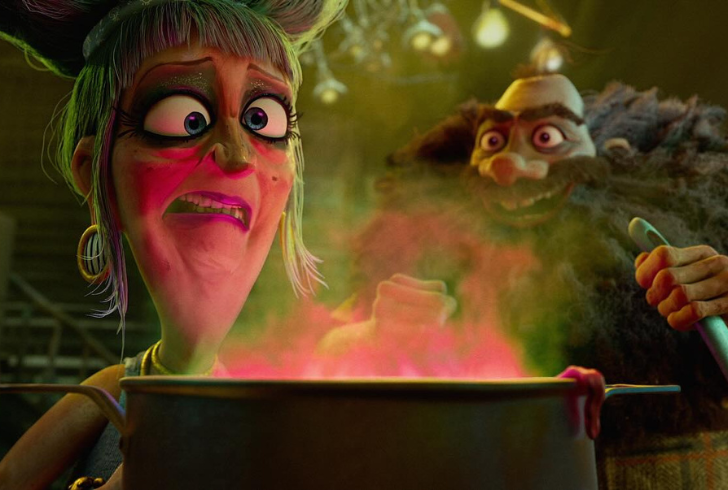
Instagram | netflixfamily | “The Twits” presents a visually gritty, colorful world of chaotic exaggeration.
Visually, “The Twits” draws from a whirlwind of influences — from “Monty Python” and “The Young Ones” to “Delicatessen”, Raising Arizona”, and “Parasite.” The result is a gritty yet colorful world filled with exaggerated chaos.
Johnston intentionally avoided the polished look of most kids’ movies. “I wanted there to be shadows. I wanted dirt. I wanted people to feel the chicken grease on the wallpaper and smell the cigarettes in the house,” he said.
The tactile textures make the movie feel strangely real, grounding its surreal story in something tangible and relatable.
Balancing Darkness and Modern Sensibility
Adapting Roald Dahl’s stories is never simple. His work is adored for its dark humor and rebellious spirit but criticized for its prejudices and outdated ideas. Johnston walks a careful line — keeping the bite of Dahl’s satire while steering clear of the mean-spiritedness.
One key update involves the idea of ugliness. Dahl’s book famously claims that “ugly people with good thoughts become beautiful,” but Johnston chose to interpret that differently. “I liked the sentiment,” he said, “but I wasn’t interested in commenting on physical ugliness. I took the spirit of that and applied it to the world instead.”
The Tightrope of Modern Adaptation
Johnston compares the challenge to his childhood favorite, “Willy Wonka” & the “Chocolate Factory.” Like that film, “The Twits” aims for a balance — dark but funny, gross but sweet, chaotic yet heartfelt.
This version of “The Twits” doesn’t try to copy Dahl. Instead, it reshapes his world for a new generation — one that understands empathy but still craves a bit of mischief.
Netflix’s “The Twits” isn’t a faithful retelling — it’s a wild reinterpretation that brings new depth to Dahl’s nastiest couple. Phil Johnston transforms a slim children’s tale into a layered story about hate, humor, and humanity. With its offbeat visuals, strange tenderness, and sharp wit, the film captures the chaotic heart of Dahl’s universe while pushing it somewhere entirely new.
It’s not the Dahl story audiences might remember — but it’s one they’ll definitely be talking about.

